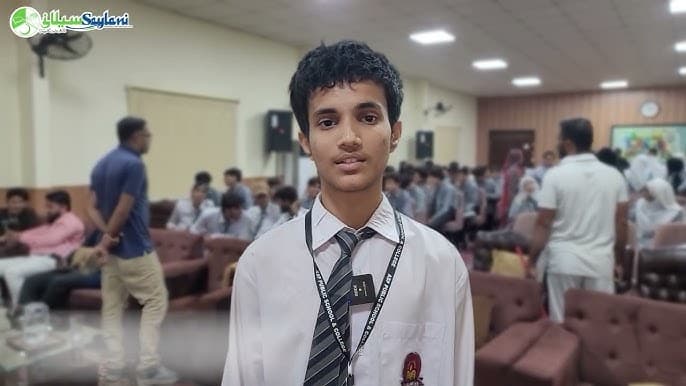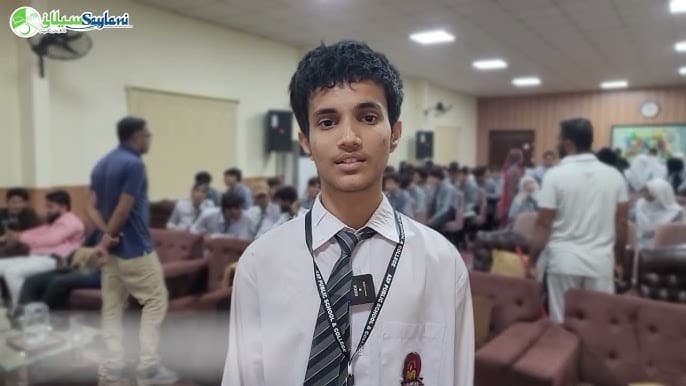
A large portion of Pakistan's youth do not attend school, and the country struggles with extreme poverty, poor infrastructure, and inadequate medical care and educational opportunities. Even if the government is not taking the initiative, still, NGOs are shaping the future, with theeducation charity foundation at the forefront of local attempts to make a difference. These groups take a realistic strategy by building school for poor children and delivering vital services like free healthcare and mentoring programs.
Particularly affecting the lives of impoverished children are education charity that offer free or low-cost education, improve physical school facilities, and support vocational training. Among these organizations, the Saylani Welfare International Trust is notable for running over 160 schools, mostly in Sindh's neglected areas. The goal is to raise enrollment and decrease dropout rates by making high-quality, free elementary and secondary education more accessible to families through social and financial assistance.
Saylani offers a variety of programs sometimes in collaboration with local partner organizations to help young people acquire the skills they need to become economically independent and enhance their employment opportunities. These programs include vocational training, IT education, and Islamic studies, among others. One of their flagship programs, "Umeed ki Kiran," shows their commitment to increasing access to education for marginalized communities by enrolling children who are either not in school or living on the streets.
Saylani has also made a mark by allocating billions of dollars to humanitarian causes over the past two decades, all in an effort to train the next generation of Pakistanis to help the economy thrive.Schooling system organization like Saylani Welfare play a vital role in breaking down obstacles, supplying textbooks and uniforms, enhancing school infrastructure, and creating a supportive atmosphere for studying by advocating a culture of continuous learning and skill acquisition. The ultimate goal of these programs is to improve people's lives, but they also play a significant role in Pakistan's overall social and economic development.
Exclusion of children from formal Education
Children who do not have access to education are likely to be victims of exploitation, child labor, child marriage, and poverty, which can be passed down through generations.
Due to a significant percentage of the population lacking the education required to contribute to economic growth and a strong labor force, this challenge has far-reaching ramifications for the entire nation. Healthcare innovation and governance are three areas that societies dealing with high numbers of illiterate children confront in the long run. Reading and writing improve health outcomes, civic involvement, and fertility rate.
The report concludes by arguing that the country is losing out on potential, stability, and advancement due to the epidemic of children who are not in school. To unlock Pakistan's future, it is said that this pressing matter must be addressed. That's why Saylani, as aneducation charity foundation, is working towards providingschool for poor children.
Results and Influence
With an investment of almost Rs 14.75 billion in welfare activities in 2024, Saylani Trust primarily supported the education of over 34,000 students through its various educational institutions, information technology institutes, and vocational training programs. Theseeducation charity programs, such as Umeed, aim to aid "out-of-school children" and youth living on the streets. A decrease in dropout rates, an increase in youth employability, and the establishment of a connection between education and skill development are its primary objectives. Testimonials from satisfied students attest to the efficacy of Saylani's training programs. For example, one Reddit user reported a dramatic rise in his income potential following the completion of a year-long web programming course. This illustrates how these educational initiatives are helping to prepare young people for the workforce and open doors to economic opportunities.
The Importance of Education in Pakistan

The large percentage of Pakistani children who do not attend school is a major problem, especially in rural areas and urban slums where schools are limited. Saylani and other Schooling system organization are doing great work to close this achievement gap by teaching students not only the basics of reading and writing, but also how to improve their employability. The goal of this method is to help young people become economically independent and better prepared for the future than just being literate.
For kids whose families can't afford private schools or who might have to start working too young, nonprofits offer a lifeline. In order to help "street kids" and other children from disadvantaged families escape the cycle of marginalization and increase their opportunities for future success in school and life, there must be dedicated programs targeted to their unique needs.
